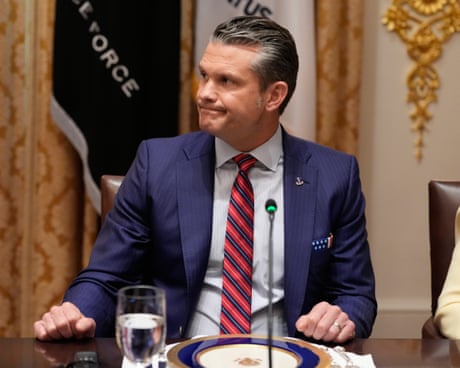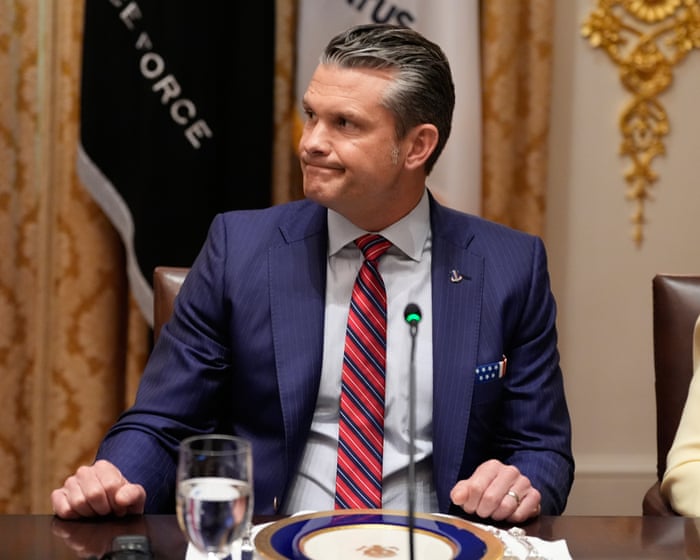The tragic change a single year has made in America | Margaret Sullivan
As we approach the anniversary of the 2024 election, we awake to new horrors each day. But we must not give up hope
One year ago, everything was so different. In late October 2024, before the US presidential election, thoughtful Americans could certainly acknowledge the deep flaws of their country – its injustices and inequality – but they could still recognize it as the United States. A democracy. A place where the rule of law meant something. A nation led by a dignified and decent public servant, despite his advanced age and increasing frailty.
These days, in late October 2025, many of us barely recognize the nation we live in. People suspected of being illegal immigrants are rounded up and shoved into vans, sometimes denied due process. The East Wing of the “people’s house” – the White House – is being destroyed for an obscene ballroom. Donald Trump is persecuting his political rivals or supposed enemies and demanding the justice department hand over $230m. Armed military personnel are being sent into American cities on false pretexts. The Pentagon, relabeled the Department of War, has – in effect – rid itself of day-to-day journalistic scrutiny as it spends what could amount to nearly $1tn of taxpayer money. Universities, law firms, news companies are buckling under the president’s threats, and billionaires are treated like members of the royal family.
Continue reading...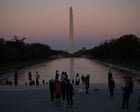
© Photograph: Matthew Rodier/NurPhoto/Shutterstock
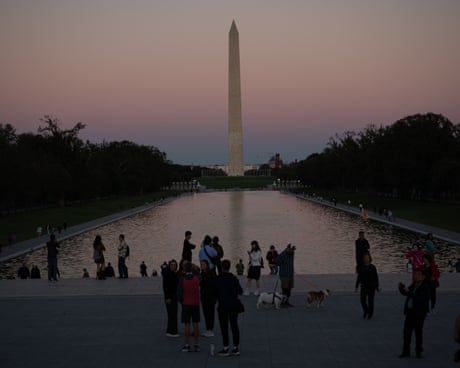
© Photograph: Matthew Rodier/NurPhoto/Shutterstock
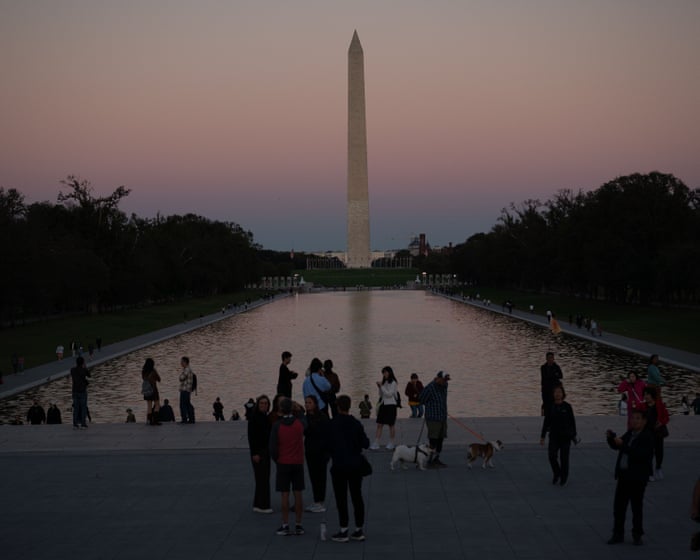
© Photograph: Matthew Rodier/NurPhoto/Shutterstock

